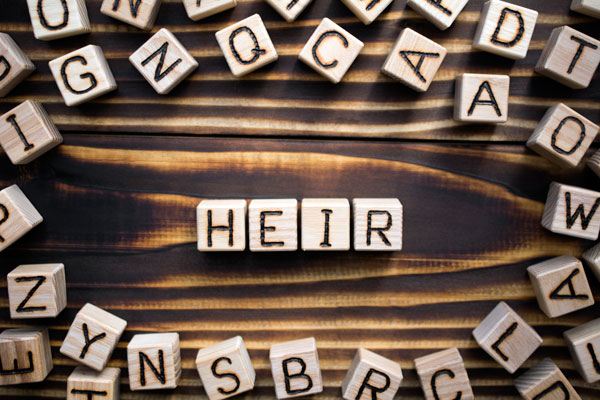A detailed estate plan includes documents overseeing your financial, medical, and personal affairs. A role you should consider adding in your estate plan is an executor. The executor acts as your representative, and works with a probate court to distribute your possessions to your loved ones. The executor is the point of contact during the probate process between a judge, beneficiaries, and creditors. Without an executor, you have no control over how a probate court distributes your possessions.
Learn more about the executor and why it’s important to assign someone you trust in this role.
He/She Creates an Estate Inventory
After an executor is chosen and identified, a probate court will request an inventory of the deceased’s assets. Assets can include:
- Real estate, property, or vehicles.
- Jewelry, furniture, or pets.
- Separate property such as any possessions or earnings owned by the deceased before marrying.
- Community property such as any possessions or earnings owned by both spouses after marriage.
Acts as Beneficiary Liaison
Before thoroughly distributing assets, an executor is required to notify every beneficiary that the estate is under review. If you create a will, an executor already has a list of beneficiaries to contact. However, without a will, relatives will need a probate attorney to prove their heirship.
Notifies Creditors
An executor is also in charge of informing creditors of the deceased that their estate is in probate court. Then, the creditor can file a claim requesting payment for loans, credit cards, or taxes. Other executor responsibilities include:
- Using estate funds to pay off creditors.
- Maintaining upkeep of the property.
- Distributing trust funds and charitable gifts.
- Paying for the deceased’s funeral and burial expenses.
Request a Consultation
Don’t know who to appoint as an executor? The probate attorneys at Barrera Sanchez and Associates can help you choose someone to work on your behalf. Contact our probate attorneys in McAllen to schedule a free consultation today!


